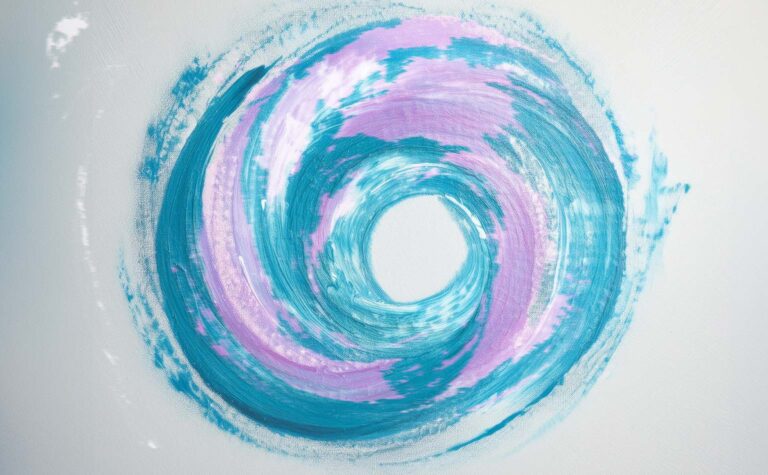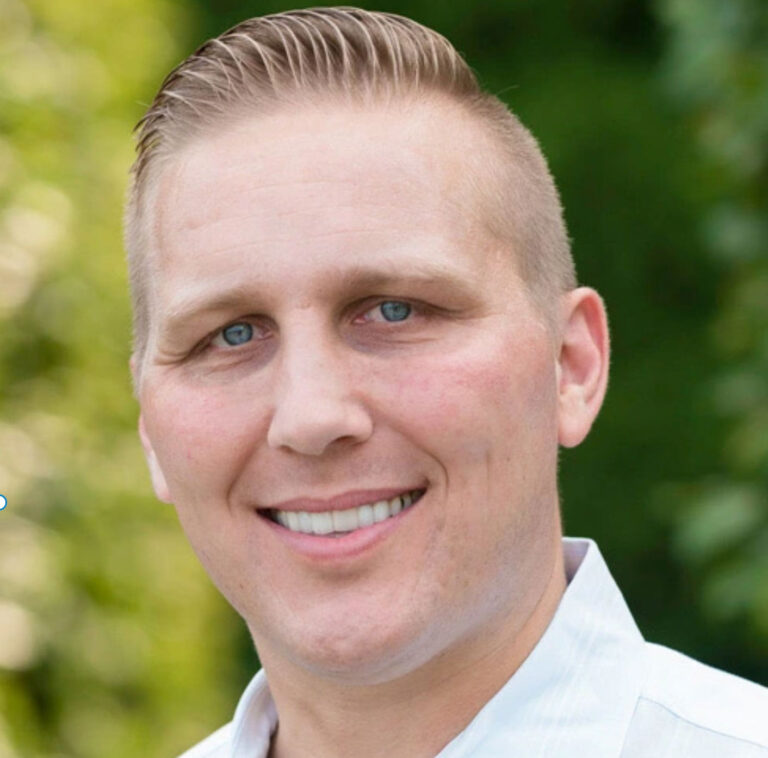This morning I spoke to a dear friend who is struggling with life-long depression. Listening to her reminded me of the phrase, ‘I am the creator of my own change.’ This lies at the heart of the Hoffman Process, a personal development programme, created in the 60s by an inspirational American, Bob Hoffman.
Over the decades, with the input of many extraordinary people who work as Hoffman teachers and support staff, it evolved from ‘evening classes’ spread over 13 weeks into the intensive eight-day residential process that it is today. These days the Hoffman Process is taught in over 14 countries across the world.
I did my own process 12 years ago. At the time I was feeling lost, unsure of what I wanted to do, and I had been on my own for almost twenty years. I decided the Hoffy, as it is affectionately referred to, could provide me with some answers.
I can’t say I experienced a blinding light during the week, because I didn’t. I wasn’t quite sure what I had got out of it when I went home either. But within six months I had signed up to do an MA in the Rhetoric and Rituals of Death (a subject I have been fascinated in since childhood).
Such was my rebellion against my father, an avid historian and public school master, that I turned my back on academia as soon as I sat my A’ levels. I failed one spectacularly, and managed to scrape a C in English for the other.
But I will always remember the moment that I walked into the University library for the first time. It felt as if all these books, all this learning, were there just for me. So began my love affair with academic learning. It had taken nigh on 30 years to allow it into my life.
You never knows what will happen once you open up to other possibilities. For instance, through my Masters dissertation I met my second husband, and also Dr Peter Fenwick, with whom I worked on an end-of-life experience research project. At the same time I trained a psychotherapist, which in turn led me to write my books, The D-Word: Talking about Dying, and Sex, Meaning and the Menopause. There’s more to come too.
Was it the Hoffy that changed my life? Yes and no. I realise now that the Hoffy was my enabler. The process carried me on a journey back to my childhood where I confronted and released unresolved issues and rebellion against my parents. It taught me the importance of compassion and forgiveness, and, in doing so, helped me to become the kind of adult I wanted to be. Simply put, even though I wasn’t aware of it at the time, I grew up during those eight days.
But it was me who did the work. No-one else could do it for me. It was my story, and only I knew what needed to be addressed. More important, I was finally ready to do this important work.
Listening to my friend struggling to make sense of her life made me urge her to find help. Awareness, as the Hoffman Process teaches, is the first step to our healing – my friend is fully aware that things aren’t right – but then we have to take some kind of action. We have to be courageous enough to reach out.
As I have experienced on my own journey, help is always there, and comes in all shapes and sizes. We just have to look for the right enabler, and then be willing to receive and learn from it. For some, this can be an enormous step. But as my friend said, ‘It’s gone on for too long, and I need to do something about it.’
Good for her – and now, indeed, it is up to her to take action. No-one can do this for her.
It’s also important to know that our healing journey is life-long. To have any hope of finding inner peace, we need to engage with it, and continue to honour it until the end of our days. The Hoffman Process has certainly helped me to do this.







1 comment
Jenny Cole
Thank you for saying really clearly what the Hoffman process did for you. I think it has done the same for me too, and calling it an ‘enabler’ has resonance. I am certainly making different choices post Hoffman.